22 November 2023
£1 million challenge prize launched to tackle antimicrobial resistance
Today the Trinity Challenge launches a new innovation competition with a grand prize of up to £1 million to tackle antimicrobial resistance (AMR). Kicking-off during World AMR Awareness Week, the Challenge calls for data-driven solutions to help mitigate the global crisis of antimicrobial resistance. The Trinity Challenge is a charity that was launched in 2020 in response to the Covid-19 pandemic, which highlighted a global need to be better prepared to tackle healthcare emergencies.
Professor Dame Sally Davies, Chair, the Trinity Challenge and UK Special Envoy on Antimicrobial Resistance, said: “The number of deaths caused by antibiotic-resistant infections has already risen to outstrip many other significant global health threats including malaria, HIV and breast cancer. There is a critical need to act now to safeguard the effectiveness of modern medicine as we know it.
“So much of our current data on antimicrobial resistance is from high-income countries, so we are not well equipped for what is truly a global struggle.
“We are calling for submissions focussed on low- and middle-income countries who suffer the greatest burden of disease, and who are likely to have some of the best insights. I am optimistic that The Trinity Challenge on Antimicrobial Resistance will empower teams to collect new data and develop tools and solutions to help turn the tide on antimicrobial resistance.”
The Trinity Challenge welcomes outstanding solutions aimed at improving our understanding of antimicrobial resistance and mitigating its impact on human, animal and environmental health, from innovators and researchers from a wide range of sectors. For example, solutions might include:
- developing new tools to capture data in community settings;
- combining citizen-related data (such as climate, mobility, and health) with other data sets in novel ways to increase understanding; or
- providing new ways to harness data to implement action and policy change.
Submissions should be shared via the Challenge platform accessed on www.thetrinitychallenge.org by 29 February 2024.
Professor Marc Mendelson, Director, the Trinity Challenge, said: “Modern medicine (including surgery, cancer care, childbirth, and the treatment and prevention of everyday infections), and our food production systems all rely on functioning antibiotics. This Challenge will bring the best and brightest minds across sectors to share their ideas that will help fill the gaps in our knowledge and ultimately help protect the power of antibiotics.
“In my own practice, untreatable bacterial infections are now increasingly seen, often resulting in death of patients or the need for extraordinary measures to save lives, including for example, amputation of a person’s leg to control untreatable infection after a knee replacement. This has not been needed since before the advent of antibiotics, and marks a watershed moment.
Wellcome, which has a long history of tackling drug-resistant infections, is the primary funder of The Trinity Challenge on Antimicrobial Resistance. Timothy Jinks, Head of Interventions in Wellcome’s Infectious Disease team, said: “Drug-resistant infections are a significant threat to global health. Bringing together researchers from around the world and from different sectors could unlock the potential of new innovative ways to tackle the global crisis of drug-resistant infections.
“Although a large majority of the burden is carried by those in low- and middle-income countries, if we do not urgently address this issue, antibiotic resistance will impact everyone, everywhere. I am excited to see what novel approaches will come from the Trinity Challenge on Antimicrobial Resistance to help protect against, and even prevent, this growing risk.”
About Antimicrobial Resistance
Antimicrobials are drugs used to combat bacteria (antibiotics), fungi (antifungals), viruses (antivirals) and parasites (antiparasitics).
Antimicrobial resistance happens when the microbes that cause infections evolve, stopping the medicines designed to kill them from working. This leads to treatments becoming ineffective and allowing infections to become increasingly difficult, or in some cases, impossible to treat. In the case of bacteria, this process is called antibiotic resistance, and this is the focus of the Trinity Challenge on Antimicrobial Resistance.
The speed at which antibiotic resistance is growing is a direct response to misuse and over use of antibiotics across our healthcare systems and the food industry. The situation with respect to antibiotic resistance in bacteria has developed to the point that it now threatens our health, food, environment and global security. A 2019 global study on the impact of antimicrobial resistance concluded that 1.27 million deaths per year worldwide were a direct result of the bacteria causing the infection being resistant to antibiotics.[1]
About The Trinity Challenge
The Trinity Challenge (TTC) is a charity supporting the creation of data-driven solutions to help protect against global health threats.
The inaugural 2021 Challenge on pandemic preparedness received applications from 340 teams across 60 countries and distributed a prize fund of £5.7 million across eight winning initiatives.
We believe data and analytics hold the key to building effective, affordable, and scalable solutions to current and future pandemics and health emergencies, and we are committed to working with governments, individuals and organisations across the world, to help improve our resilience against current and future threats to global health.
About Wellcome
Wellcome supports science to solve the urgent health challenges facing everyone. We support discovery into life, health and wellbeing, and we’re taking on three worldwide health challenges: mental health, infectious disease and climate and health.
[1] Global burden of bacterial AMR — GRAM Project (ox.ac.uk)
















